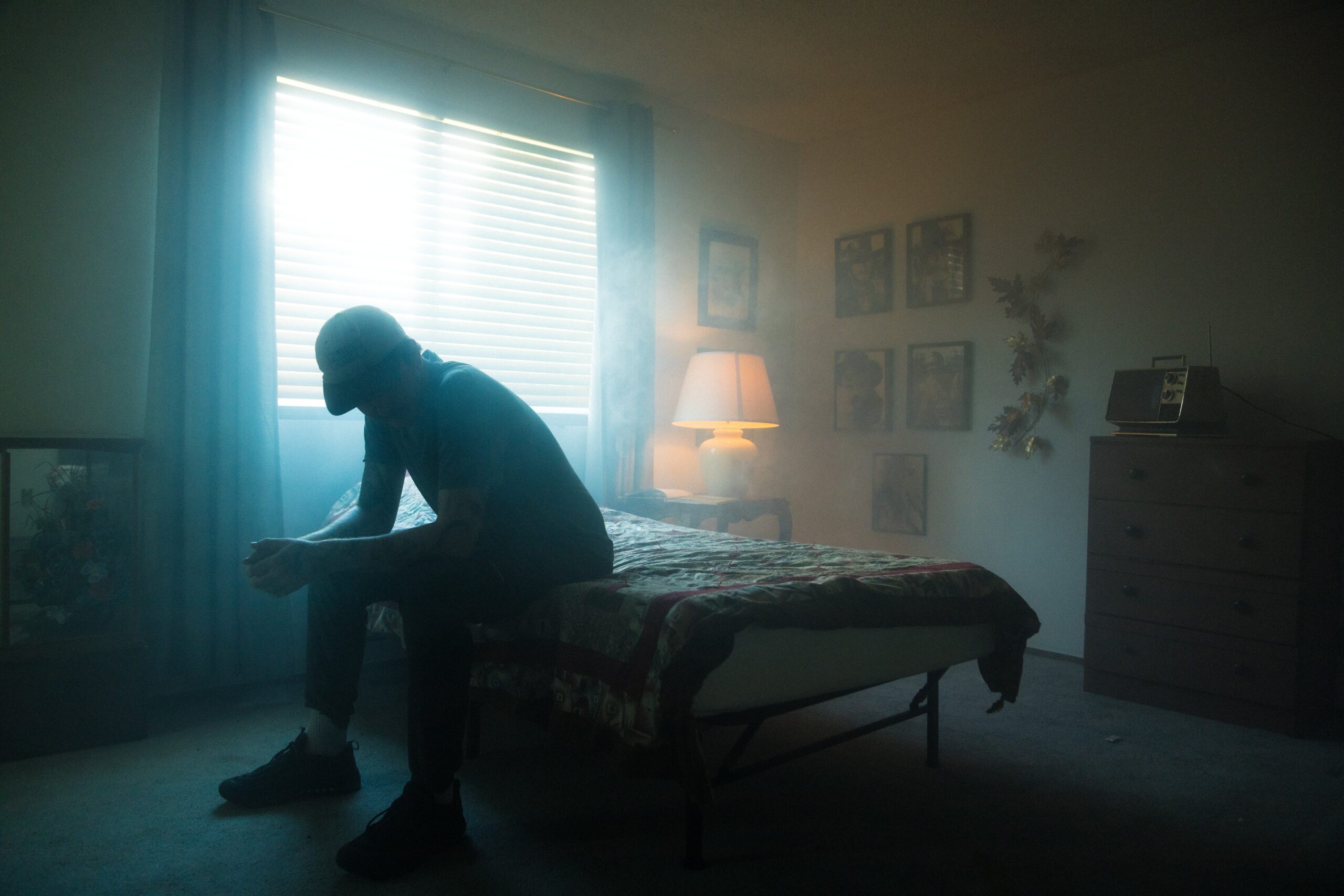Many who grieve exhibit anger or fits of rage. Here are some signs your grief is manifesting as anger and how to find healing and hope.
When anger takes hold of you in the weeks or months following the death of a loved one, you may begin to wonder: Is it me or the grief?
Many people are unaware or even avoid facing the reality that grief has overtaken their life. They try to go about their day-to-day life as they did before, but little by little, triggers, related or unrelated to the grief, cause them to become irrationally angry or negative at the most inopportune times, making the griever wonder why they are overreacting about something so trivial.
Maybe you feel as though you don’t know who you are anymore. Maybe the person you were before the event was overall optimistic, happy, and rational. But since you experienced this unspeakable pain, you’ve become the opposite: angry, negative, and reactive.
This, my friend, is what grief looks like. It’s not you—it’s the unresolved grief.
There is no one-size-fits-all when it comes to grief—or the deep sorrow associated with death or loss. If your fuse has become unbearably shorter since you experienced a painful loss, you may want to consider leaning on the support of a trusted friend or an experienced grief recovery counselor who can help you unpack the emotions at your own pace and ensure the pain does not overtake all other areas of your life, including your most prized relationships. Here are some signs that your anger may be a sign of unresolved grief, and how to find support.
Signs Your Anger May Be a Result of Unresolved Grief
- You overreact in anger to even the smallest inconvenience or setback
- You are angry at your loved one for dying
- You are enraged at how your life has changed since the life-changing event occurred
- You are angry that you no longer enjoy life or hobbies that used to interest you
- You feel shame about how you’ve become progressively more angry
- You worry you are taking your anger out on your family or friends
- You seek to find the negative in everyone and everything since experiencing loss or death
- You don’t know how to process or cope with the pain of loss or death
- You get angry after drinking alcohol and you didn’t before the event
- You have isolated from people you love and used to enjoy spending time with
- Your anger may be accompanied by feelings of hopelessness, depression, anxiety, or suicidal thoughts
Healing After Loss or the Death of a Loved One
If you lost a loved one and your grief manifests as uncontrollable anger with no end in sight, you are not alone. We see you, we know you’re hurting, and want to offer you a safe place to share your story and feel supported in your healing journey. Contact us today to set up a free discovery call and spend some time with us – we’re here for you.
Sharon Brubaker is a certified Life Coach and credentialed Grief Specialist who, along with her team, teaches women who are grieving how to process their thoughts and emotions. To learn more about navigating grief within the family, listen to the full podcast episode here or download my free e-Book, The Griever’s Guide, which equips you with the tools to live life after grief; because no griever should have to navigate a broken heart on their own.




